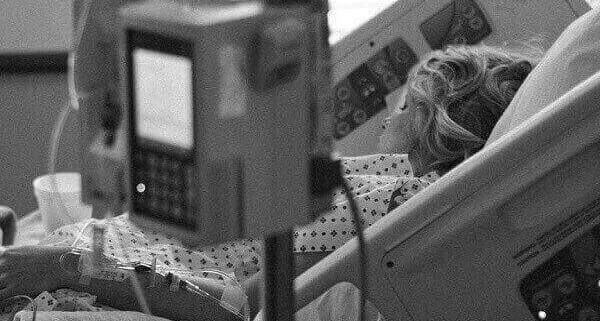Syncope, Not Just A Fainting Spell
According to the American Heart Association, syncope (more commonly called “fainting” or “passing out”) often occurs when blood pressure has dropped too low, and the heart doesn’t pump enough oxygen or blood to the brain. This causes a temporary loss of consciousness. The causes of syncope can range from harmless to being an indication of a more serious underlying health issue and affects the young and old alike. Dulles neurologist, Dr. Sarbjot Dulai, gives helpful tips on what to do during and after a syncope episode, as well as explains why it is important to see a neurologist.
Why it is important to see a neurologist for syncope
Syncope is loss of consciousness and muscle control due to a sudden decrease in blood flow to the brain. An episode of syncope can last anywhere from a few seconds to a few minutes. Most syncope episodes are over almost as soon as they began. However, if you are experiencing syncope episodes often, or if it takes longer each time for you to regain consciousness, it is very important to see a neurologist. These can be symptoms of heart issues, or indicative of seizures and brain disorders.
The type of syncope you have can help determine what specific treatment plan will be best for you.
There are 5 types of syncope:
- Vasovagal syncope
- Situational syncope
- Postural syncope
- Neurologic syncope
- Postural orthostatic tachycardia syndrome (POTS).
Dr. Dulai is equipped with experience and training that can help identify what type you have, what your triggers are, and if there are any underlying health issues that could be causing episodes of syncope.
Signs you are about to faint and how to handle it
Knowing the warning signs is important to being able to take precautions before a syncope episode occurs. This can decrease chances of experiencing any injuries such as falling and hitting your head.
Signs and symptoms that you may experience before you faint:
- Pale skin
- Sudden heart palpitations and/or change in heart rate
- Lightheadedness
- Tunnel-like vision and black spots
- Nausea
- Feeling hot
- Shakiness
- Experiencing a cold and excessively clammy sweat
- Blurred vision.
With the help of a neurologist, you can also learn what triggers could bring on an episode of syncope and learn how to avoid them. Some triggers can include:
- Intense pain
- Dehydration
- Excessive heat
- Coughing spasms
- Bowel movements
- Prolonged exercise
- Standing to long
- Intense emotions.
What to do if you feel faint:
- Lie down (this helps get blood flowing back to the brain)
- Sit down
- Place you head between your knees (if you are sitting down).
If you do experience an episode of syncope, once you are conscious, it is important to help restore blood flow to the brain by laying down with legs elevated. It is also important to stay hydrated.
Remember, even if you regain consciousness quickly, it is important to treat any loss of consciousness as a medical emergency until the symptoms are relieved and the cause diagnosed.
Make an appointment with an experienced neurologist today!
It is important to see a neurologist as early as your first episode. Since treatment of syncope can depend on what is causing it, treatment can range from lifestyle changes and/or medication to surgery. Make an appointment with Dr. Sarbjot Dulai, who can help you manage any episodes as well as look into possible underlying conditions. If you want to learn more about syncope before your appointment, please visit our patient education page and our other articles on syncope.
Don’t live your life worrying about when the next syncope episode might occur, contact Neurology Associates today at (703) 726-6393 to schedule a consultation.








